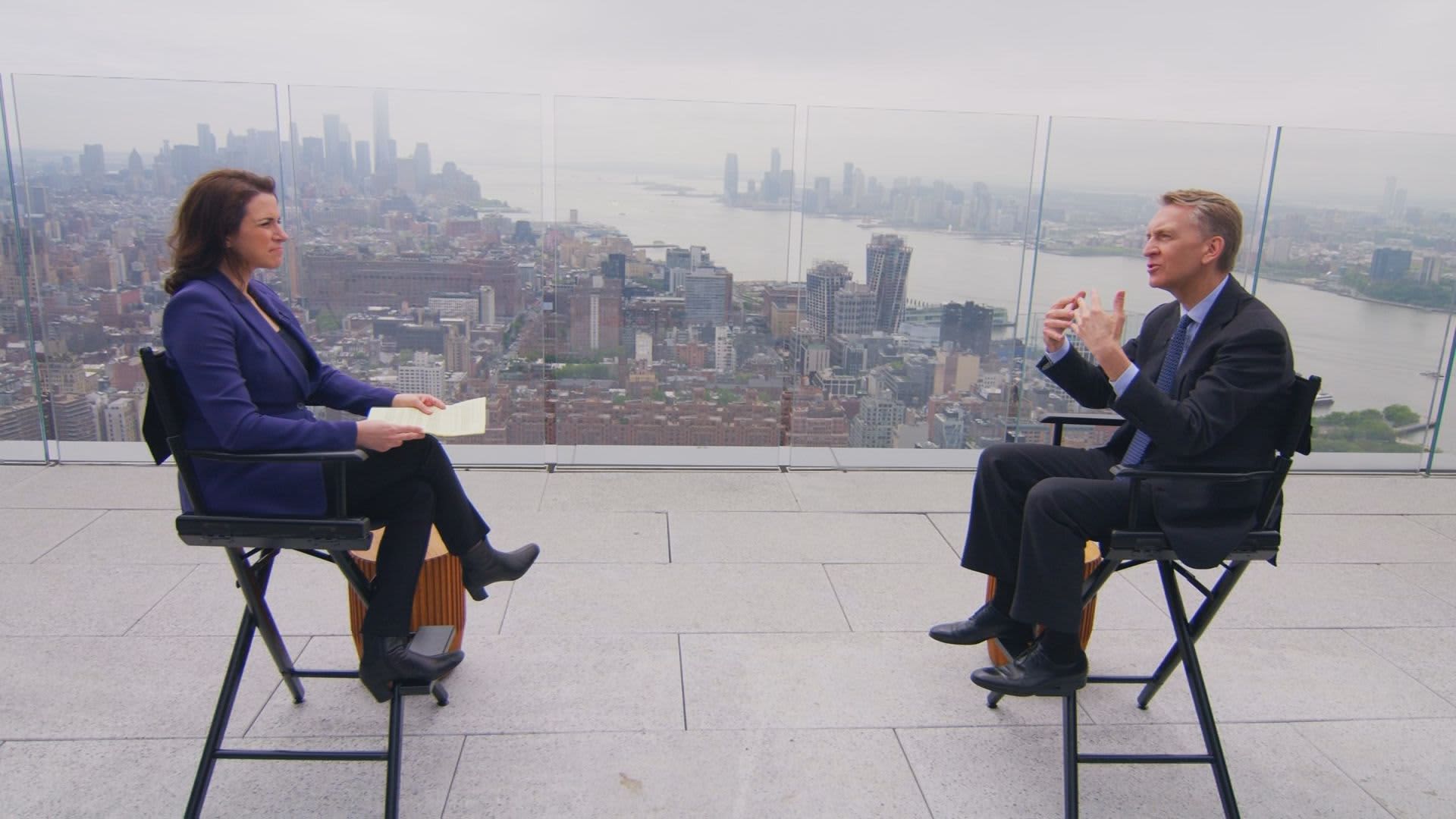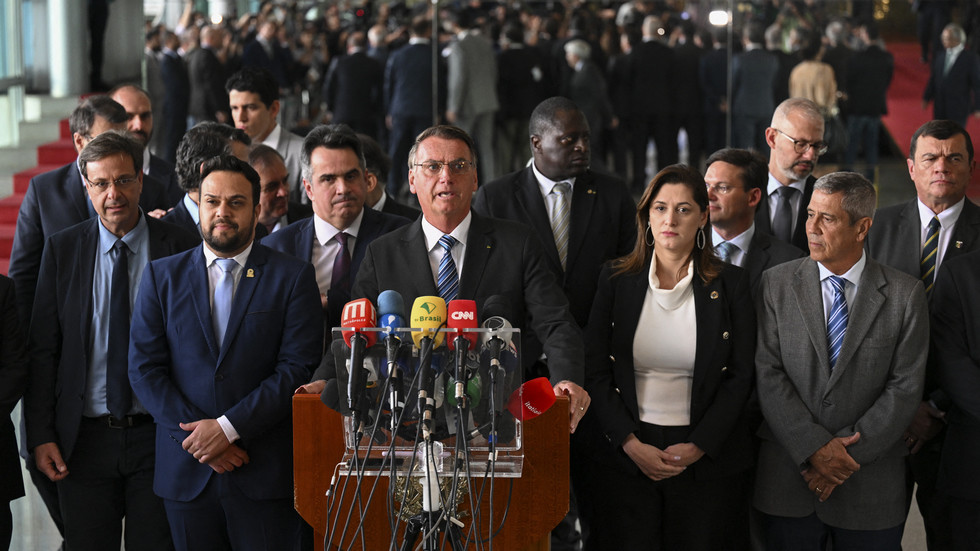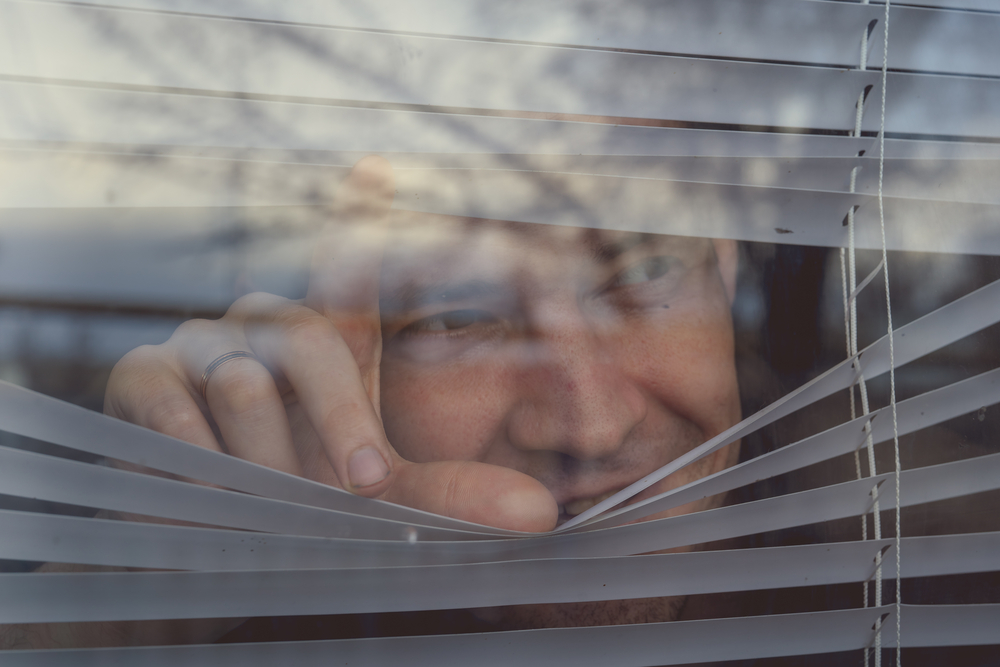Orna Guralnik on Showtime’s “Couples Therapy.”
Source: Showtime
When I was growing up, my father used to repeat a saying he’d heard as a child from his grandmother: “When money doesn’t come through the door, love goes out the window.” That proverb appears to date back to a 19th century painting by the English artist George Frederick Watts, titled “When Poverty Comes in at the Door, Love Flies out of the Window.”
I relayed the quote to psychoanalyst Orna Guralnik, and she agreed money is one of the biggest stressors on couples, “especially because of the society we live in.” Guralnik is the star of the Showtime documentary series “Couples Therapy,” in which she analyzes real patients in a room with hidden cameras. New episodes of its third season premiered last month.
While financial issues can spark intense conflict for couples, Guralnik doesn’t believe money, or the lack of it, is the real reason they split up. “Ultimately, from my perspective, the breakup is not about money,” she said. Instead, Guralnik said, “the breakup is about not being able to negotiate differences, to be honest or to find a way to common ground.”
More from Personal Finance:
Credit card debt nears $1 trillion
How to get started with investing, budgeting
How much emergency savings you really need
Guralnik describes money as one of the major “touchstones with reality” that can make it clear two people can’t problem-solve together. It is this inability to communicate, emphasize and compromise with each other that might ruin a relationship, she said.
During my interview in late April with Guralnik, she had many other interesting things to say about love and money. Here are three of them.
1. When people don’t talk about money, they’re ‘shielding themselves from knowing reality’
In her work with patients, Guralnik said it can take a long time for people to open up about their financial situation.
“Sometimes, I find people are more private about money than their sex life,” she said.
It’s not just with their therapist people avoid topics such as debt or overspending, Guralnik said. People can be married for years and still not have told their partner what’s going on with their finances.
Guralnik understands this avoidance of the subject.
“In American society, money locates you in the social structure more than anything else,” she said. “A lot hangs on money in terms of people’s self-worth.”
People take huge risks by avoiding talking about and confronting their finances, she said.
“If you’re refusing to look at your bank account when you’re pulling out your credit card, you can accrue debt,” Guralnik said. “And if you keep doing that, that debt can be pretty devastating.”
Sometimes, I find people are more private about money than their sex life.
Orna Guralnik
psychoanalyst and host of “Couples Therapy”
“It can put you in the hole for a lifetime to come,” she added.
“I’m not saying that hyperbolically,” Guralnik went on to say. “I have plenty of people that come into my office in that situation.”
People are “shielding themselves from knowing reality” when they refuse to pay attention to their finances, Guralnik said. She added, “you can’t take care of yourself if you don’t deal with reality.”
2. It’s OK ‘finances are part of the reasons people are together’
At one point in the new episodes of season three of “Couples Therapy,” couple Kristi and Brock tell Guralnik they’re worried a big reason they’re moving in together is to save money.
Guralnik doesn’t see a problem with that motivation, however. “I’m cool with the fact that finances are part of the reasons people are together,” she said.
“Kristi and Brock are idealists, and I love them for that,” she went on. “They believe they should be moving in for love, not financial easement.”
But the idea marriage should only be about love is a pretty new idea, she added.
“Marriage has always been, first of all, a way to create a structure that protects people. It is there to protect the financial unit.”
Money can help a couple stay together too, Guralnik said. After all, two people can have a lot to lose financially by parting.
“It gives them another reason to try to work it out,” she said.
3. ‘Money is not just money. It stands for something else.’
Two people in a relationship can have vastly different attitudes about money, Guralnik said.
“Some people are frugal and can lean towards the obsessive side,” she said. “Some people do not have any impulse control, and they hate thinking about the future.”
“Any conversation about budgeting or planning is excruciating for them,” she added.
Jamie Grill | Getty Images
To understand their behavior, Guralnik tries to understand what money has come to symbolize for her patients.
“As a psychoanalyst, my general way of approaching things is with the belief that concrete realities are tied to unconscious realities,” she said.
For example, she once had a patient who hoarded money. “We discovered through analysis that, for her, money stood for time,” Guralnik said. “By hoarding money, in her unconscious mind, she was protecting herself against death.”
In other words, she said, “Money is not just money. It stands for something else, as well.”
















